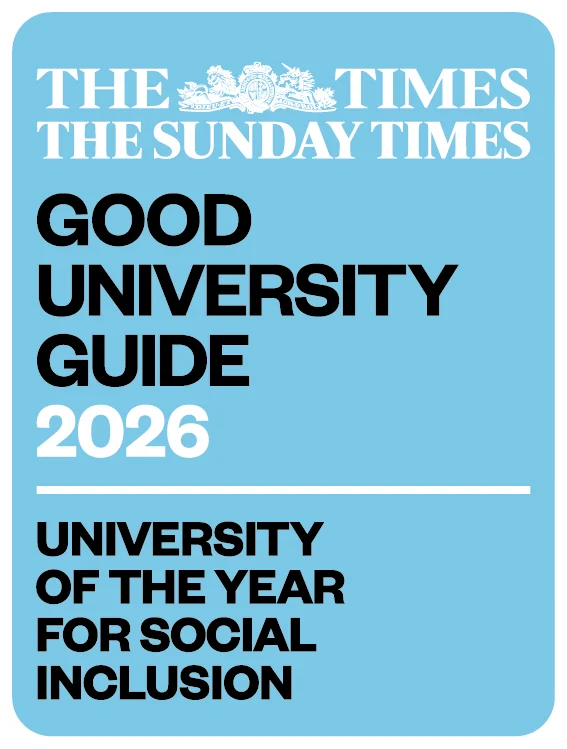

Subject areas
The subject areas below reflect our commitment to academic excellence, personal support and real-world impact.
Explore our subject areas below and take the first step towards a future that’s right for you.


The subject areas below reflect our commitment to academic excellence, personal support and real-world impact.
Explore our subject areas below and take the first step towards a future that’s right for you.